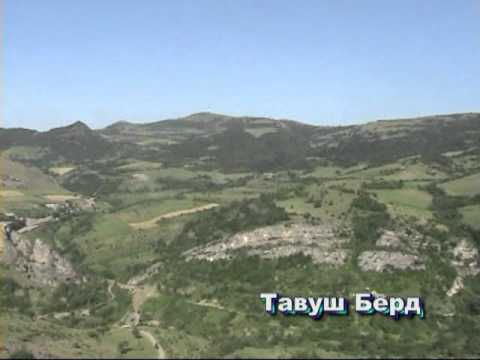


ArmInfo. The share of the Tavush region in Armenia's GDP is 2%. In 2016, the region produced industrial products worth 12.130 billion AMD, and agricultural production - 41.3 billion AMD. On this eve in Dilijan to the Prime Minister Karen Karapetyan was reported by the Governor of the region Hovik Abovyan, the press service of the Armenian government reports.
One of the spheres of strategic development of the region is agricultural production. In recent years, the governor noted, the efforts of local and international organizations and individual investors in the region are implementing construction programs processing enterprises, greenhouses, refrigeration plants, laying new gardens. The number of these farms has already exceeded 200 with more than 400 employees.
By the instructions of the Prime Minister, 20 investment programs for a total of 2.4 billion AMD have been submitted to the government of the country, of which 12 projects have been approved. In the process is a project to create a greenhouse for the production of strawberries, and the remaining programs are under discussion. Karen Karapetyan was informed that the revenues of the region's communities amount to 921.3 million AMD. By the end of the year, its own revenues are expected to grow due to the expected signing of a new contract for garbage collection and the construction of a market in the Noyemberyan. In the region, 4 communities - Dilijan, Noyemberyan, Kokhb and Ayrum - were formed in the results of consolidation. In the Byrd region, the process of enlargement is planned to begin in the fall of 2017. All 40 communities in the region have five-year development programs. Within the framework of the "Clean Armenia" program, a subbotnik was organized on April 15, this kind of event is scheduled for July 29. The Prime Minister of Armenia drew the attention of the participants of the meeting to the low level of ensuring their own incomes and the problem with garbage collection. "Tariffs, which we are talking about in garbage collection, will not become an additional burden for our citizens, therefore we are dealing with an unordered field," Karen Karapetyan said.